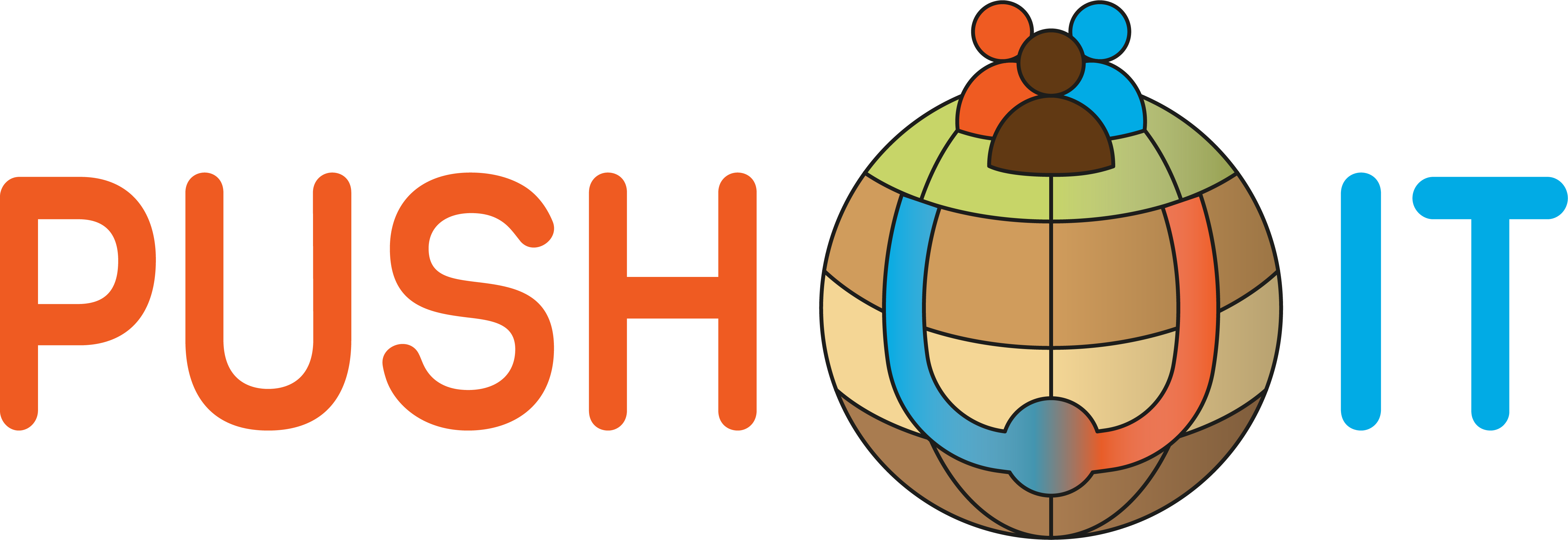Highlights from the Mine Water Geothermal Energy Symposium
Representatives from the PUSH-IT consortium partners, Fraunhofer IEG, Geothermal Engineering Ltd. and the British Geological Survey (BGS) attended the IEA Geothermal 2024 Mine Water Geothermal Energy Symposium late last month.

The event was run in partnership between BGS, The Coal Authority, IEA Geothermal and Department for Energy Security and Net Zero, and brought together international participants to share case studies of mine water heating projects as well as developments in mine thermal energy storage (MTES).
Stefan Klein (Fraunhofer IEG) presented a progress report of geothermal developments in Bochum, Germany, to a large audience of academics, industry experts and policy makers. Additionally, a joint poster was presented detailing progress in the Mine Water Thermal Energy storage projects in Bochum, and in Cornwall, UK, as well as analysis of international policy and regulation by the BGS.
As part of the Symposium, delegates had also the opportunity to take part on a tour of BGS research UK Geoenergy Observatories (UKGEOS) facility in Glasgow. The Glasgow Observatory is a research facility designed for investigating shallow, low-temperature, mine-water heat energy and heat storage resources.
Image credit: British Geological Survey (BGS) / UK Research and Innovation (UKRI)

Mine Thermal Energy Storage (MTES) uses the mine water present in abandoned underground mineshafts. The mine water is used as a carrier for transporting the heat to and from the mine.
☀️ During summer, hot water is injected into the mine, where it is stored.
❄️ During winter, the heat can be extracted and used in heat networks to warm buildings.
PUSH-IT is developing MTES in Bochum (Germany) and United Downs (United Kingdom).
Read more about the underground heat storage technologies PUSH-IT is working on.

PUSH-IT is a project funded by the European Union’s Horizon Europe research and innovation programme under grant agreement No 101096566.
Funded by the European Union. Views and opinions expressed are however those of the author(s) only and do not necessarily reflect those of the European Union. Neither the European Union nor the granting authority can be held responsible for them.
